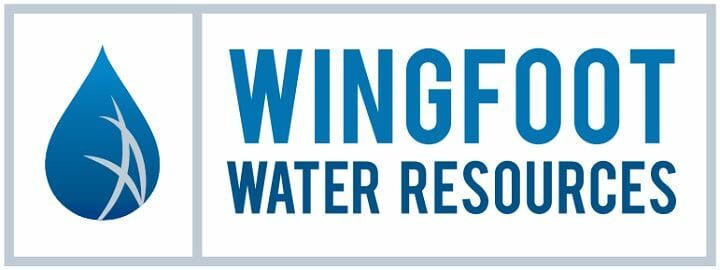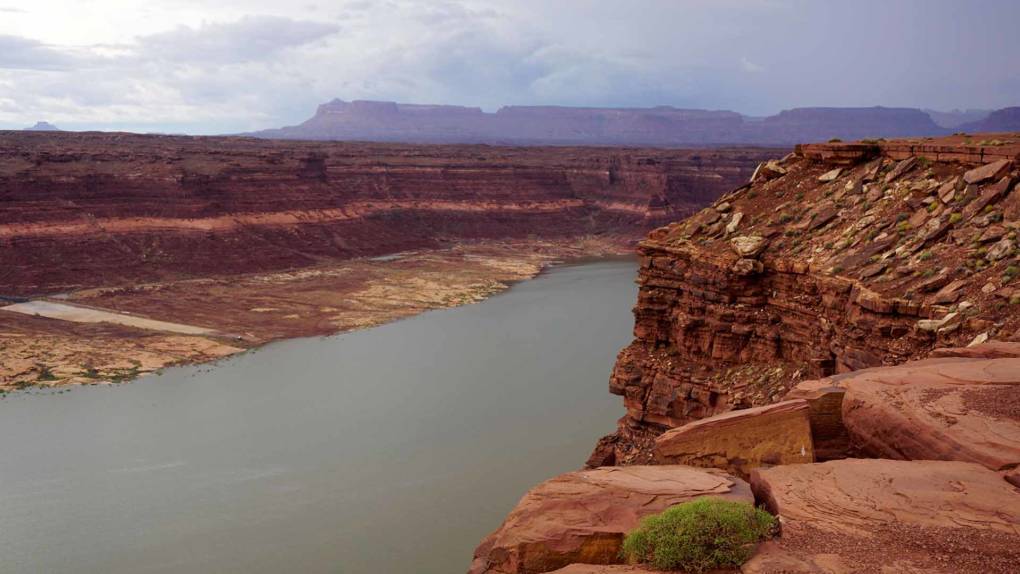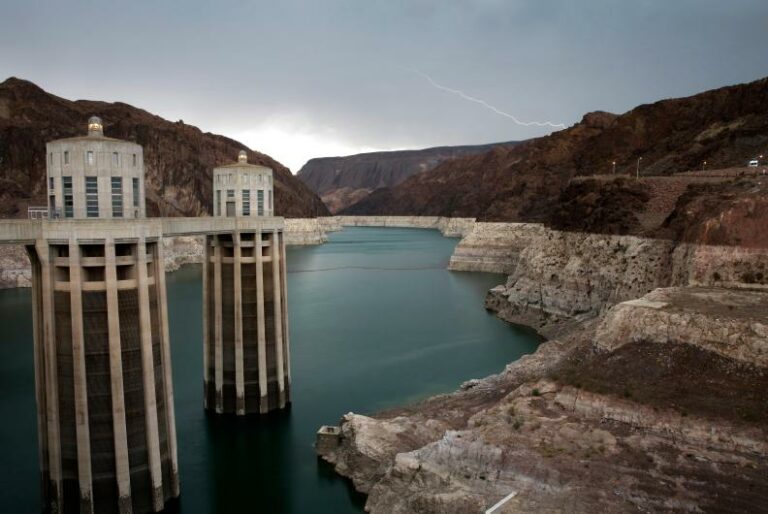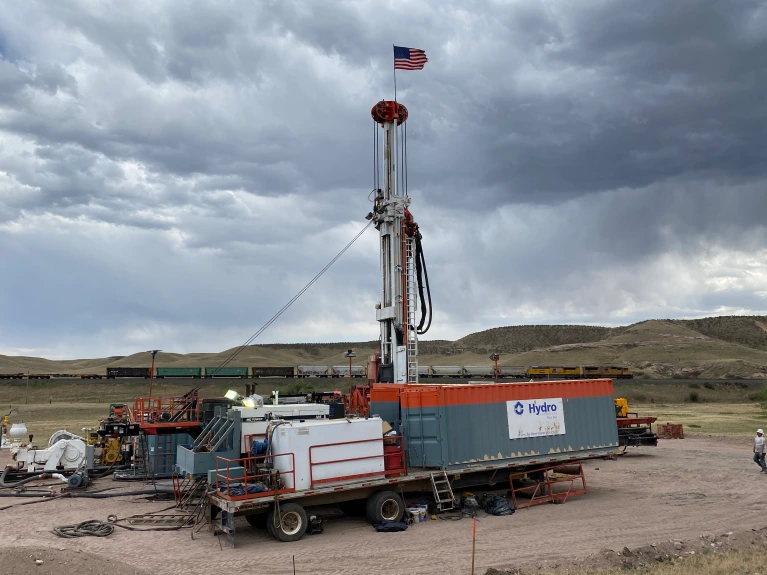WRITTEN BY
Lauren Sommer, KQED
Despite a last-minute frenzy of deal-making, the federal government announced that it will begin taking “protective actions” on the Colorado River, where a long-running drought has put the water supply for 40 million people at risk.
The seven states that use the river had been trying to broker their own solution, a collective water-sharing deal, with a Jan. 31 deadline to get it done. While most states had agreed, California and Arizona couldn’t finalize the agreement in time.
“We are close,” said U.S. Bureau of Reclamation Commissioner Brenda Burman. “But only ‘done’ will protect this basin. It’s time to get the job done.”
The river has a storied history of water battles and litigation, and many hoped the deal could be a cooperative breakthrough. Allocating water is traditionally managed by the states, so the federal government’s move marks a major shift.
Short of the states completing a deal between them, the U.S. Department of the Interior is asking them for recommendations on how to protect the river’s supply, with an eye toward August, when decisions about the upcoming year are generally made. Interior holds “broad authority,” according to Commissioner Burman, to make decisions on the lower Colorado River.
But if the states can agree on a water sharing plan soon, the commissioner says, she will halt the federal process.




